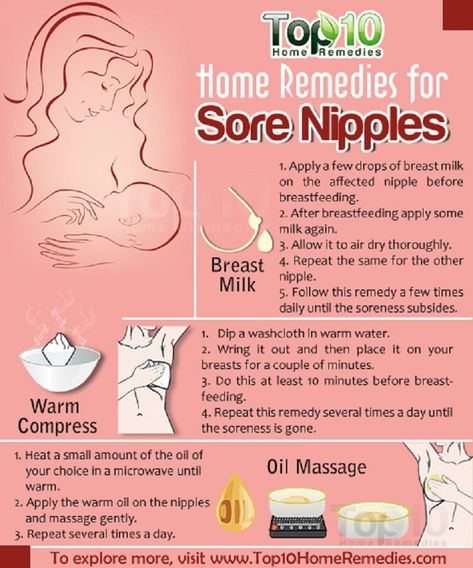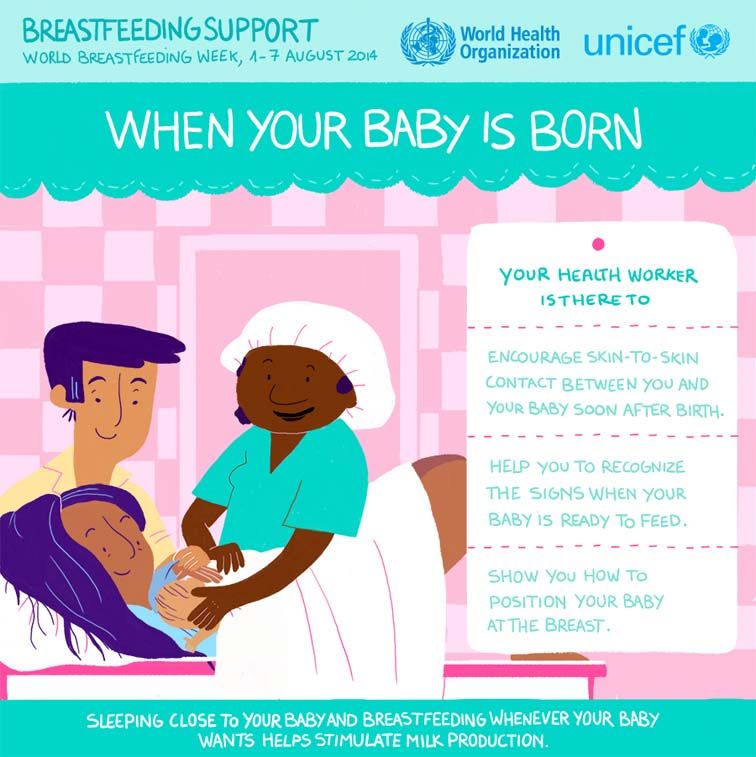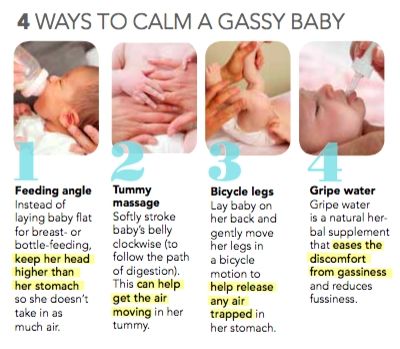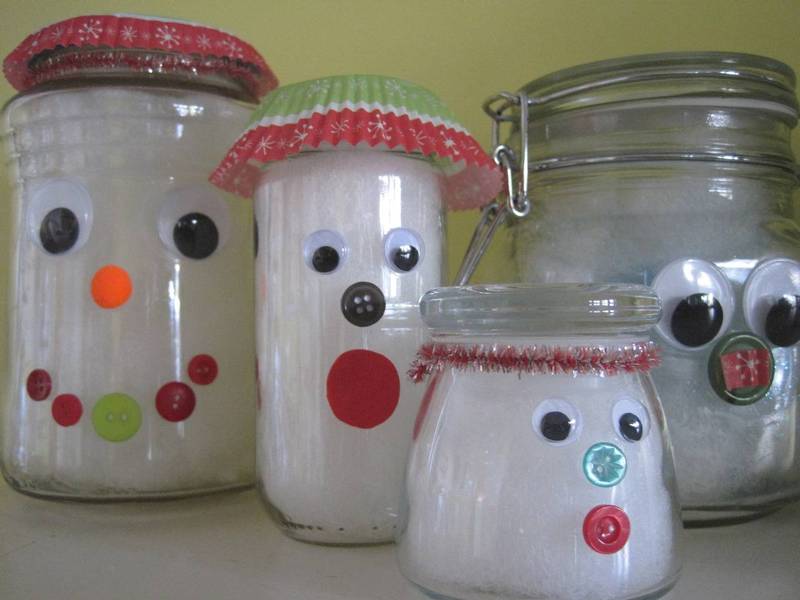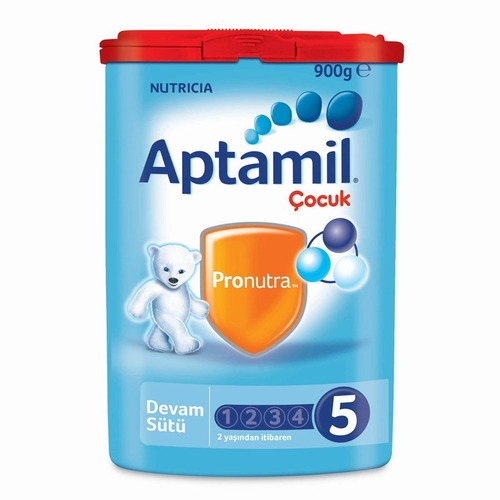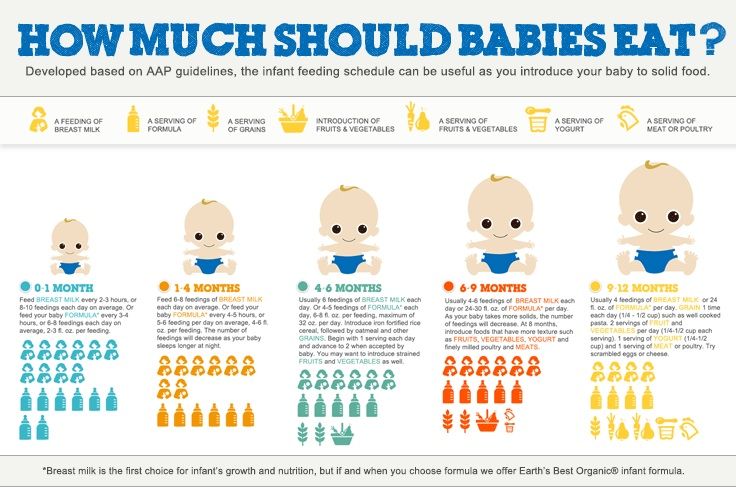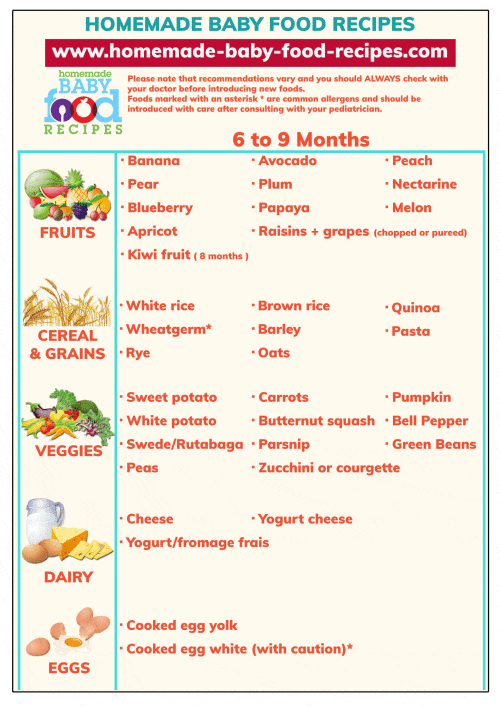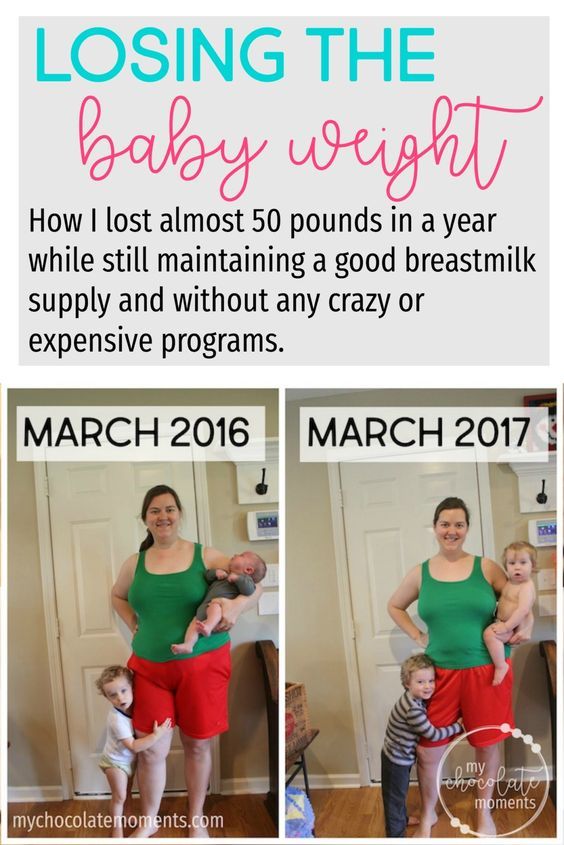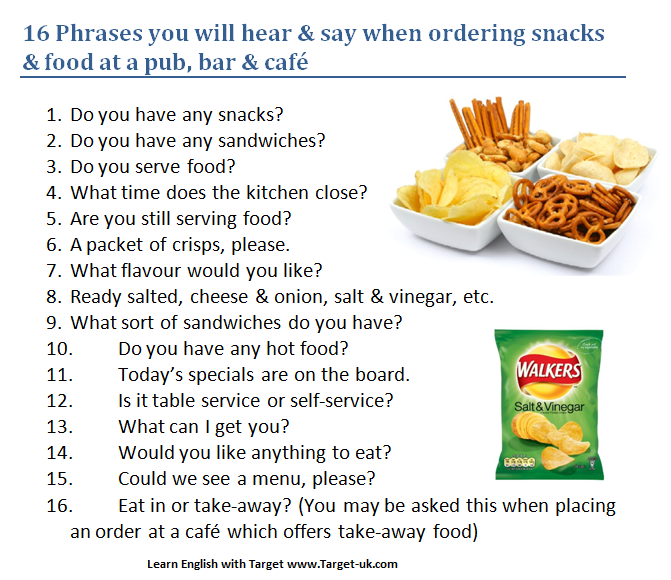Baby throwing up formula after feeding
Baby Vomiting After Feeding Formula: Causes and Treatment
Your little one is happily gulping their formula while cooing at you. They finish off the bottle in no time flat. But shortly after feeding, it seems to all come out as they vomit.
There are several reasons why your baby might be vomiting after a formula feeding, but it’s important to remember that it can be — and often is — very normal.
It’s common for babies to throw up sometimes after feeding on formula or breast milk. Their shiny new digestive systems are still learning what to do with all the yummy milk coming down into their tummy.
However, if your baby often has a hard time keeping their formula down on a regular and frequent basis, let your pediatrician know.
Having a baby around means getting used to soft mushy stuff coming out fairly often. This includes spit-up and vomit.
Spit-up and vomit might seem pretty much the same — and require similar amounts of cleaning to get them off of your sweater and the sofa — but they’re very different. Spitting up is an easy, gentle dribble of milk. Baby may even smile at you as the curd-like spit-up flows from their mouth.
Spit-up is normal in healthy babies, especially if they’re under the age of 1.
On the other hand, vomit takes more effort, as it comes from deeper in your little one’s stomach. It’s a sign that your baby’s stomach is saying nope, not now, please. You might see your baby strain and recoil just before they projectile vomit. This force happens because vomit is squeezed out by the stomach muscles.
Your baby might also look more uncomfortable during and after vomiting. And vomit looks and smells different. This is because it’s usually formula, breast milk, or food (if your baby is eating solids) mixed with stomach juices.
If you’re not sure whether your baby is vomiting or spitting up, look for other vomiting symptoms, like:
- crying
- gagging
- retching
- turning red
- arching their back
That said, there doesn’t seem to be agreed-upon definitions of these two terms among healthcare providers, caregivers, and others. Plus, their symptoms may overlap. For example, spitting up may sometimes be forceful, and vomiting may sometimes seem painless.
Plus, their symptoms may overlap. For example, spitting up may sometimes be forceful, and vomiting may sometimes seem painless.
Overfeeding
It’s easier for your baby to overfeed when they’re drinking from a bottle than when they’re breastfeeding. They can also gulp down milk faster from a bottle and rubber nipple. What’s more, because formula is always available, it’s easier for you to give them more milk than they need by accident.
Babies have tiny stomachs. A 4- to 5-week-old infant can only hold about 3 to 4 ounces in their tummy at a time. This is why they need lots of smaller feedings. Drinking too much formula (or breast milk) in one feeding can overfill your baby’s stomach, and it can only come out one way — vomit.
Not burping properly
Some babies need to be burped after every feeding because they swallow lots of air as they gulp down milk. Bottle feeding your baby breast milk or formula may lead to more air-swallowing, as they can gulp even faster.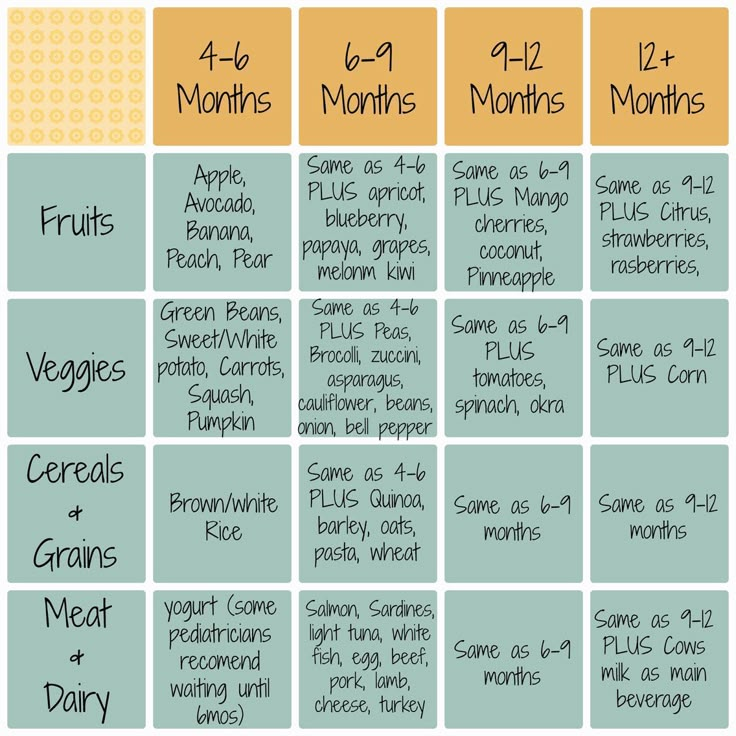
Too much air in the stomach can make your baby uncomfortable or bloated and trigger vomiting. Burping your baby right after feeding them formula may help prevent this.
To help prevent your baby from swallowing too much air and vomiting after formula feeding, check your baby’s bottle. Make sure you’re using a smaller bottle that’s just big enough to hold a few ounces of milk. Also, check to make sure the nipple hole is not too big, and don’t let your baby continue gulping when the bottle is empty.
Baby or infant reflux
Baby can have acid reflux, indigestion, or occasionally gastroesophageal reflux disease (GERD just like grown-ups! This happens because their stomach and food tubes are still getting used to holding down milk.
Baby reflux happens when milk travels back up toward your baby’s throat and mouth. This usually just causes some painless spitting up, but it can irritate your baby’s throat and trigger gagging and vomiting.
Sometimes, smaller feedings can help prevent baby reflux.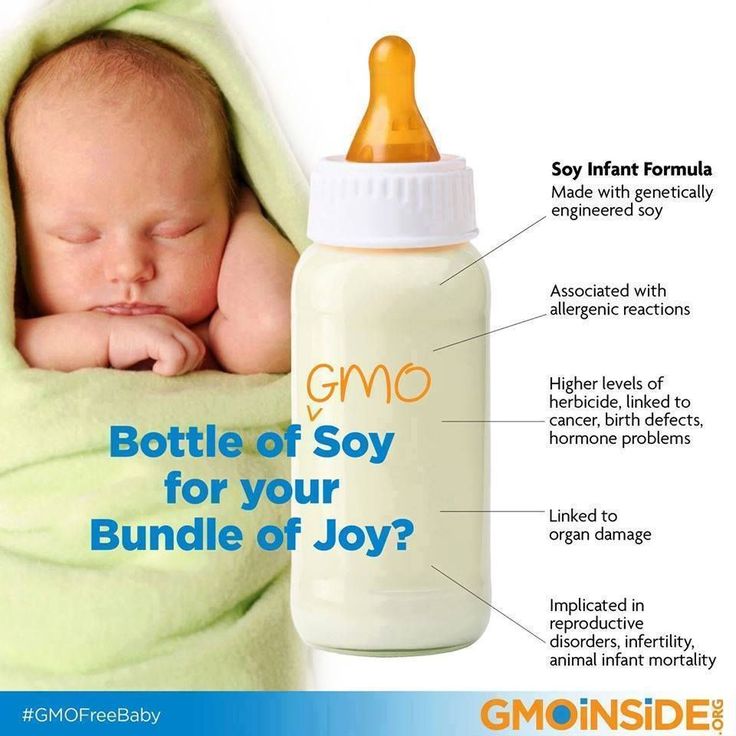 If not, don’t worry! Most little ones outgrow baby reflux by the time they’re 1 year old.
If not, don’t worry! Most little ones outgrow baby reflux by the time they’re 1 year old.
Constipation
While simple constipation would be an uncommon cause of vomiting in an otherwise healthy infant, sometimes baby vomiting happens because of what isn’t happening at the other end.
Most babies who are formula-fed need to poop at least once a day. Anything less than your baby’s typical pattern, though, might indicate they’re constipated.
If your baby is vomiting after a formula feeding, they might be constipated if they have other symptoms, including:
- gassiness
- not pooping for longer than 3–4 days
- a swollen or bloated stomach
- a firm or hard stomach
- crying bouts or irritableness
- straining very hard but not pooping or pooping only a little
- small, hard pellet-like poop
- dry, dark poop
Stomach bug
If your baby doesn’t usually vomit after having formula, they might have a stomach bug.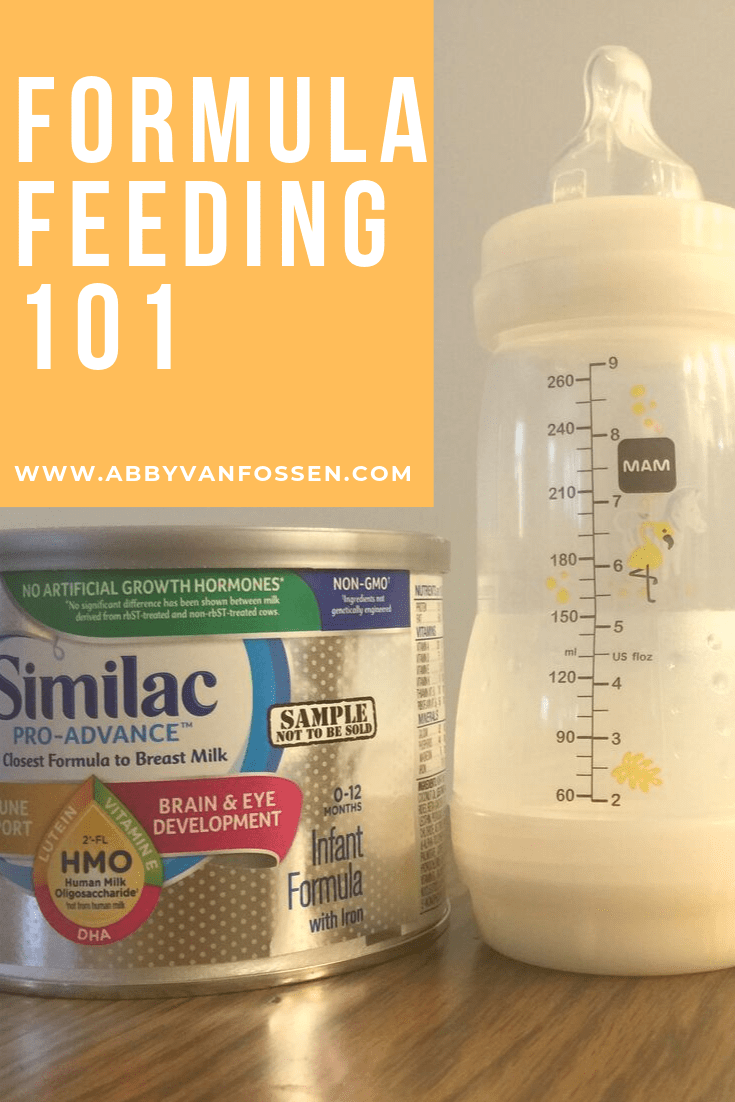 Also known as gastroenteritis or the “stomach flu,” a stomach bug is a very common cause of vomiting in babies. Your little one may vomit several times for up to 24 hours.
Also known as gastroenteritis or the “stomach flu,” a stomach bug is a very common cause of vomiting in babies. Your little one may vomit several times for up to 24 hours.
Other symptoms of a stomach bug include:
- crying
- stomach cramps
- stomach rumbling
- bloating
- diarrhea or watery poop
- mild fever (or none at all in babies)
Allergy
In rare cases, the cause of your baby’s vomiting might be in the formula. Although it’s uncommon for babies to be allergic to cow’s milk, it may happen to up to 7 percent of babies under the age of 1.
Most children outgrow a milk allergy by the time they’re 5 years old, but it can cause vomiting and other symptoms in babies. A cow’s milk allergy might cause vomiting right after your baby eats. It can also cause vomiting and other symptoms hours or rarely days later.
If your baby has an allergy to milk or something else, they might have other symptoms of an allergic reaction, like:
- skin rash (eczema)
- diarrhea
- cough
- hives
- difficulty breathing
- wheezing
Lactose intolerance
An allergy to milk is different than being lactose intolerant. Lactose intolerance usually causes digestive symptoms like diarrhea. It can also make your baby vomit after drinking formula containing cow’s milk.
Lactose intolerance usually causes digestive symptoms like diarrhea. It can also make your baby vomit after drinking formula containing cow’s milk.
Your baby might get temporary lactose intolerance after getting a tummy bug or gastroenteritis, although this is uncommon.
Other symptoms include:
- diarrhea or watery poops
- constipation
- bloating
- gassiness
- stomach pain
- stomach rumbling
Note that lactose intolerance is rare in babies under the age of 1.
Other causes
Some common health conditions can cause vomiting at any time, including after breastfeeding or formula feeding. Some rare genetic conditions can also cause vomiting in babies.
Other causes of vomiting in babies include:
- colds and the flu
- ear infections
- some medications
- overheating
- motion sickness
- galactosemia
- pyloric stenosis
- intussusception
In most cases, minor tweaks can help stop your baby’s vomiting.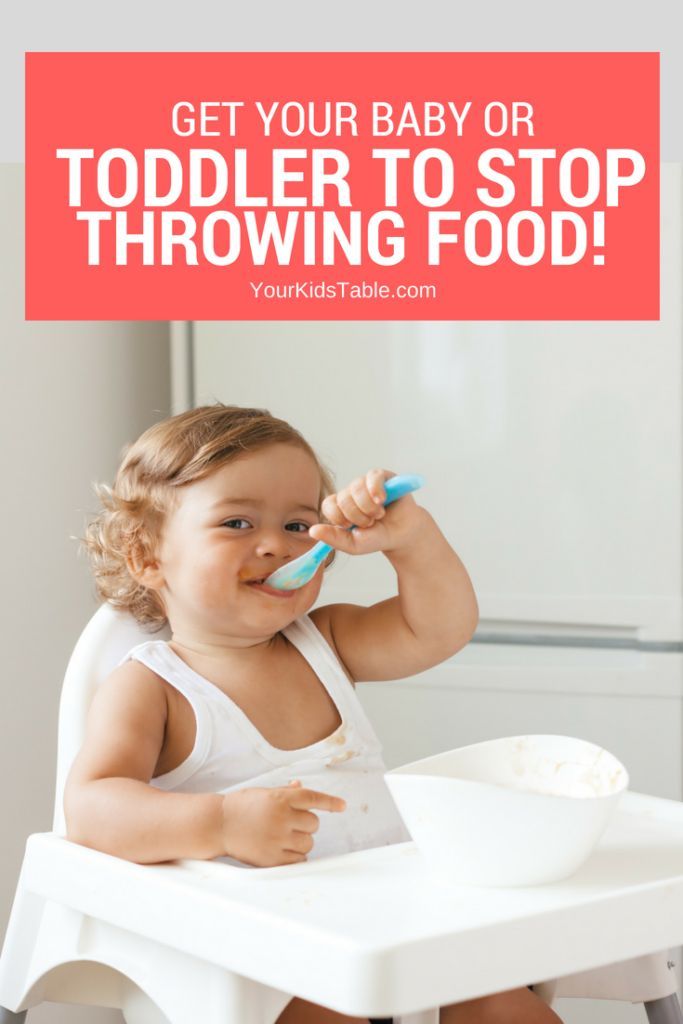 Remedies to stop your baby’s vomiting after formula depend on what’s causing it. Try some of these tried and tested methods to see what helps your baby:
Remedies to stop your baby’s vomiting after formula depend on what’s causing it. Try some of these tried and tested methods to see what helps your baby:
- feed your baby smaller amounts of formula more often
- feed your baby slowly
- burp your baby after the feeding
- hold your baby’s head and chest up while feeding
- hold your baby upright after a feeding
- make sure your baby doesn’t move around or play too much right after a feeding
- try a smaller bottle and smaller-hole nipple to feed
- check the ingredient list on your baby’s formula
- ask your baby’s doctor if you should try a different kind of formula
- talk to your baby’s doctor about a possible allergic reaction
- dress your baby in looser clothing
- make sure their diaper isn’t on too tightly
If your baby has the stomach flu, you’ll both usually just have to ride it out for a day or two. Most babies and children with a stomach bug don’t need treatment.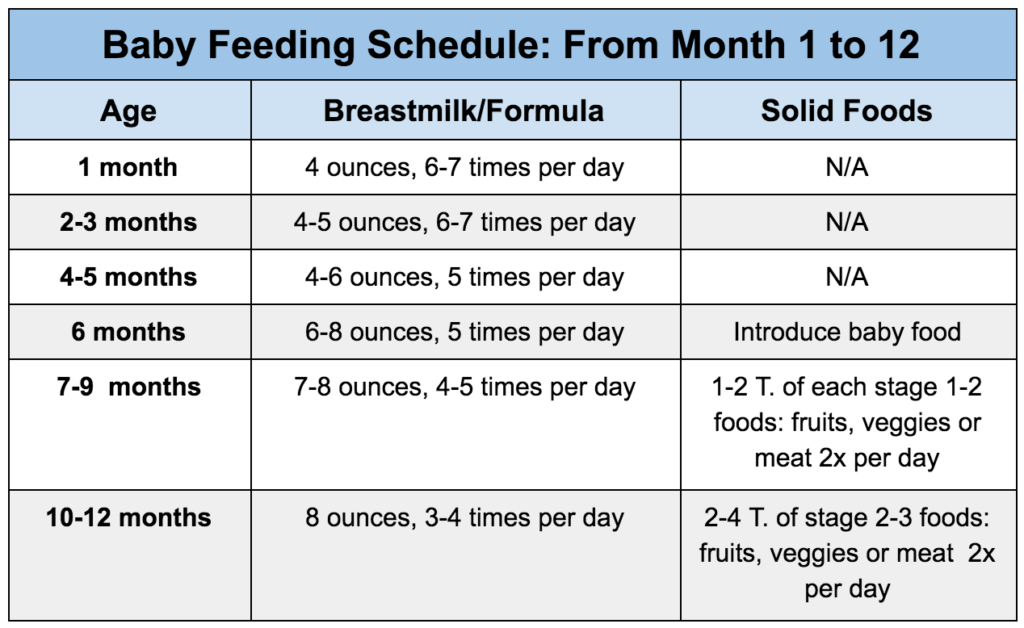
If your baby is vomiting, see your doctor or pediatrician right away if they:
- are vomiting often
- are vomiting forcefully
- aren’t gaining weight
- are losing weight
- have a skin rash
- are unusually sleepy or weak
- have blood in their vomit
- have green bile in their vomit
Also, see your doctor urgently if your baby has any sign of dehydration from all the vomiting:
- dry mouth
- crying without shedding tears
- a weak or quiet cry
- floppiness when picked up
- no wet diapers for 8 to 12 hours
It’s pretty common for babies to vomit, especially after feeding. This happens for many reasons, including that these little people are still just getting used to keeping down their milk.
Check with your doctor about what you can do. See your doctor urgently if your baby vomits often for any reason.
Baby Vomiting After Feeding Formula: Causes and Treatment
Your little one is happily gulping their formula while cooing at you. They finish off the bottle in no time flat. But shortly after feeding, it seems to all come out as they vomit.
They finish off the bottle in no time flat. But shortly after feeding, it seems to all come out as they vomit.
There are several reasons why your baby might be vomiting after a formula feeding, but it’s important to remember that it can be — and often is — very normal.
It’s common for babies to throw up sometimes after feeding on formula or breast milk. Their shiny new digestive systems are still learning what to do with all the yummy milk coming down into their tummy.
However, if your baby often has a hard time keeping their formula down on a regular and frequent basis, let your pediatrician know.
Having a baby around means getting used to soft mushy stuff coming out fairly often. This includes spit-up and vomit.
Spit-up and vomit might seem pretty much the same — and require similar amounts of cleaning to get them off of your sweater and the sofa — but they’re very different. Spitting up is an easy, gentle dribble of milk. Baby may even smile at you as the curd-like spit-up flows from their mouth.
Spit-up is normal in healthy babies, especially if they’re under the age of 1.
On the other hand, vomit takes more effort, as it comes from deeper in your little one’s stomach. It’s a sign that your baby’s stomach is saying nope, not now, please. You might see your baby strain and recoil just before they projectile vomit. This force happens because vomit is squeezed out by the stomach muscles.
Your baby might also look more uncomfortable during and after vomiting. And vomit looks and smells different. This is because it’s usually formula, breast milk, or food (if your baby is eating solids) mixed with stomach juices.
If you’re not sure whether your baby is vomiting or spitting up, look for other vomiting symptoms, like:
- crying
- gagging
- retching
- turning red
- arching their back
That said, there doesn’t seem to be agreed-upon definitions of these two terms among healthcare providers, caregivers, and others. Plus, their symptoms may overlap. For example, spitting up may sometimes be forceful, and vomiting may sometimes seem painless.
Plus, their symptoms may overlap. For example, spitting up may sometimes be forceful, and vomiting may sometimes seem painless.
Overfeeding
It’s easier for your baby to overfeed when they’re drinking from a bottle than when they’re breastfeeding. They can also gulp down milk faster from a bottle and rubber nipple. What’s more, because formula is always available, it’s easier for you to give them more milk than they need by accident.
Babies have tiny stomachs. A 4- to 5-week-old infant can only hold about 3 to 4 ounces in their tummy at a time. This is why they need lots of smaller feedings. Drinking too much formula (or breast milk) in one feeding can overfill your baby’s stomach, and it can only come out one way — vomit.
Not burping properly
Some babies need to be burped after every feeding because they swallow lots of air as they gulp down milk. Bottle feeding your baby breast milk or formula may lead to more air-swallowing, as they can gulp even faster.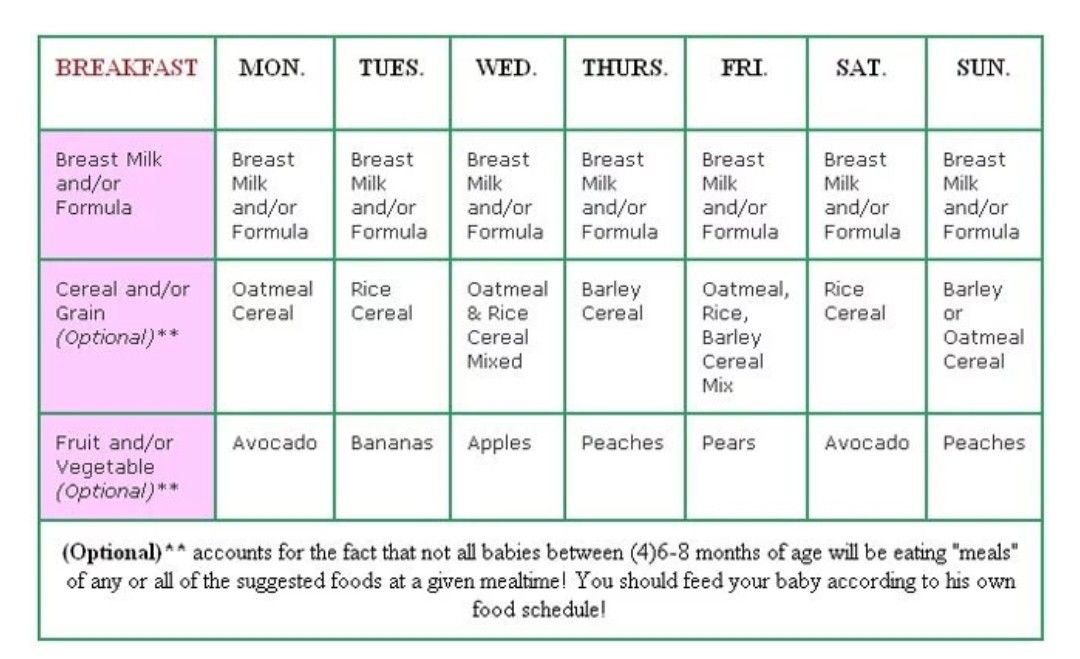
Too much air in the stomach can make your baby uncomfortable or bloated and trigger vomiting. Burping your baby right after feeding them formula may help prevent this.
To help prevent your baby from swallowing too much air and vomiting after formula feeding, check your baby’s bottle. Make sure you’re using a smaller bottle that’s just big enough to hold a few ounces of milk. Also, check to make sure the nipple hole is not too big, and don’t let your baby continue gulping when the bottle is empty.
Baby or infant reflux
Baby can have acid reflux, indigestion, or occasionally gastroesophageal reflux disease (GERD just like grown-ups! This happens because their stomach and food tubes are still getting used to holding down milk.
Baby reflux happens when milk travels back up toward your baby’s throat and mouth. This usually just causes some painless spitting up, but it can irritate your baby’s throat and trigger gagging and vomiting.
Sometimes, smaller feedings can help prevent baby reflux. If not, don’t worry! Most little ones outgrow baby reflux by the time they’re 1 year old.
If not, don’t worry! Most little ones outgrow baby reflux by the time they’re 1 year old.
Constipation
While simple constipation would be an uncommon cause of vomiting in an otherwise healthy infant, sometimes baby vomiting happens because of what isn’t happening at the other end.
Most babies who are formula-fed need to poop at least once a day. Anything less than your baby’s typical pattern, though, might indicate they’re constipated.
If your baby is vomiting after a formula feeding, they might be constipated if they have other symptoms, including:
- gassiness
- not pooping for longer than 3–4 days
- a swollen or bloated stomach
- a firm or hard stomach
- crying bouts or irritableness
- straining very hard but not pooping or pooping only a little
- small, hard pellet-like poop
- dry, dark poop
Stomach bug
If your baby doesn’t usually vomit after having formula, they might have a stomach bug. Also known as gastroenteritis or the “stomach flu,” a stomach bug is a very common cause of vomiting in babies. Your little one may vomit several times for up to 24 hours.
Also known as gastroenteritis or the “stomach flu,” a stomach bug is a very common cause of vomiting in babies. Your little one may vomit several times for up to 24 hours.
Other symptoms of a stomach bug include:
- crying
- stomach cramps
- stomach rumbling
- bloating
- diarrhea or watery poop
- mild fever (or none at all in babies)
Allergy
In rare cases, the cause of your baby’s vomiting might be in the formula. Although it’s uncommon for babies to be allergic to cow’s milk, it may happen to up to 7 percent of babies under the age of 1.
Most children outgrow a milk allergy by the time they’re 5 years old, but it can cause vomiting and other symptoms in babies. A cow’s milk allergy might cause vomiting right after your baby eats. It can also cause vomiting and other symptoms hours or rarely days later.
If your baby has an allergy to milk or something else, they might have other symptoms of an allergic reaction, like:
- skin rash (eczema)
- diarrhea
- cough
- hives
- difficulty breathing
- wheezing
Lactose intolerance
An allergy to milk is different than being lactose intolerant.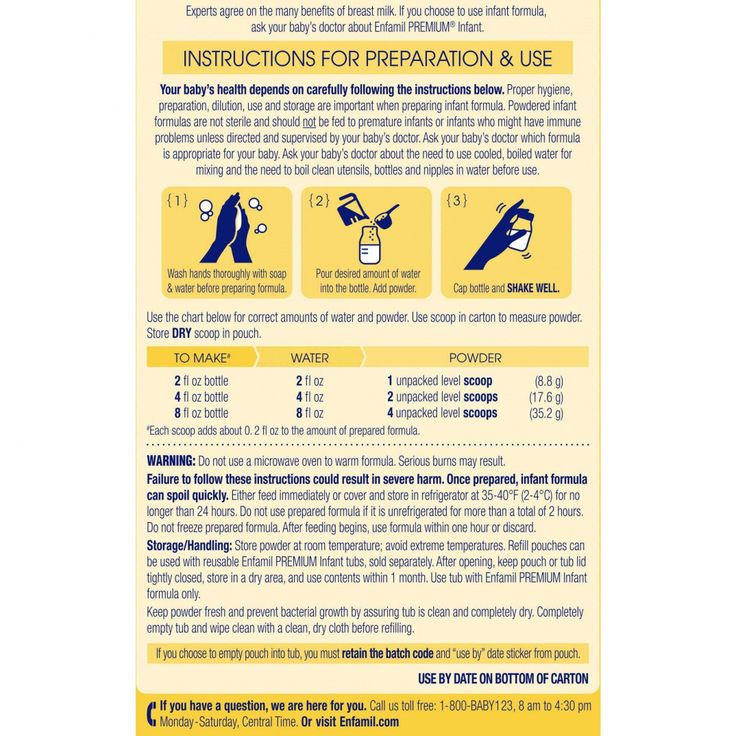 Lactose intolerance usually causes digestive symptoms like diarrhea. It can also make your baby vomit after drinking formula containing cow’s milk.
Lactose intolerance usually causes digestive symptoms like diarrhea. It can also make your baby vomit after drinking formula containing cow’s milk.
Your baby might get temporary lactose intolerance after getting a tummy bug or gastroenteritis, although this is uncommon.
Other symptoms include:
- diarrhea or watery poops
- constipation
- bloating
- gassiness
- stomach pain
- stomach rumbling
Note that lactose intolerance is rare in babies under the age of 1.
Other causes
Some common health conditions can cause vomiting at any time, including after breastfeeding or formula feeding. Some rare genetic conditions can also cause vomiting in babies.
Other causes of vomiting in babies include:
- colds and the flu
- ear infections
- some medications
- overheating
- motion sickness
- galactosemia
- pyloric stenosis
- intussusception
In most cases, minor tweaks can help stop your baby’s vomiting.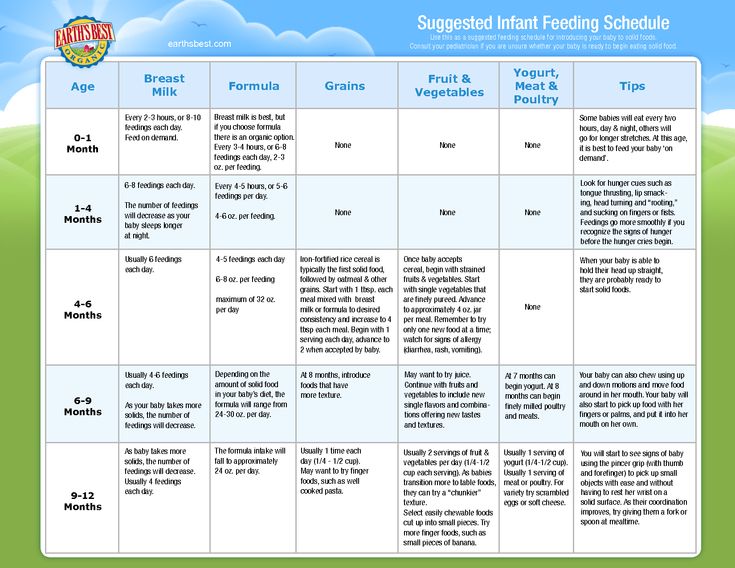 Remedies to stop your baby’s vomiting after formula depend on what’s causing it. Try some of these tried and tested methods to see what helps your baby:
Remedies to stop your baby’s vomiting after formula depend on what’s causing it. Try some of these tried and tested methods to see what helps your baby:
- feed your baby smaller amounts of formula more often
- feed your baby slowly
- burp your baby after the feeding
- hold your baby’s head and chest up while feeding
- hold your baby upright after a feeding
- make sure your baby doesn’t move around or play too much right after a feeding
- try a smaller bottle and smaller-hole nipple to feed
- check the ingredient list on your baby’s formula
- ask your baby’s doctor if you should try a different kind of formula
- talk to your baby’s doctor about a possible allergic reaction
- dress your baby in looser clothing
- make sure their diaper isn’t on too tightly
If your baby has the stomach flu, you’ll both usually just have to ride it out for a day or two. Most babies and children with a stomach bug don’t need treatment.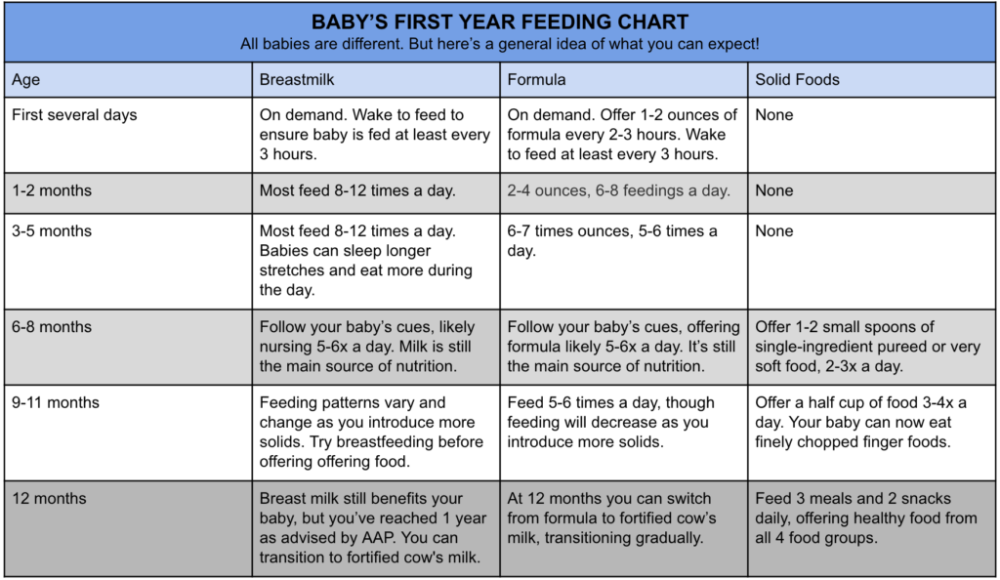
If your baby is vomiting, see your doctor or pediatrician right away if they:
- are vomiting often
- are vomiting forcefully
- aren’t gaining weight
- are losing weight
- have a skin rash
- are unusually sleepy or weak
- have blood in their vomit
- have green bile in their vomit
Also, see your doctor urgently if your baby has any sign of dehydration from all the vomiting:
- dry mouth
- crying without shedding tears
- a weak or quiet cry
- floppiness when picked up
- no wet diapers for 8 to 12 hours
It’s pretty common for babies to vomit, especially after feeding. This happens for many reasons, including that these little people are still just getting used to keeping down their milk.
Check with your doctor about what you can do. See your doctor urgently if your baby vomits often for any reason.
Baby spitting up formula | Nutrilak
11/17/2021 32649
Article content
- Up to what age is spitting up normal?
- Why is the baby spitting up formula?
- Child spitting up formula in a fountain.
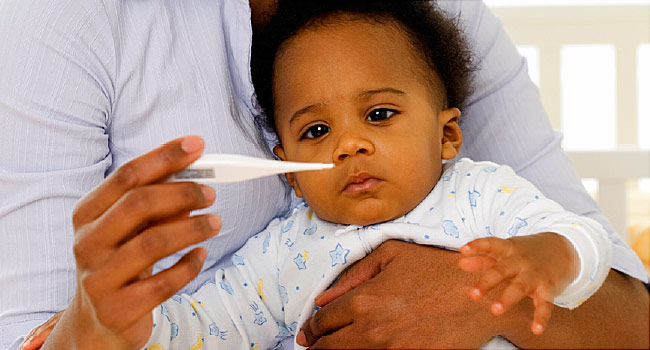 What to do?
What to do? - Regurgitation after each feeding: normal or pathological?
- Anti-reflux mixtures and their types
Regurgitation occurs in both breastfed and bottle-fed babies. As a rule, they are not dangerous and do not affect the health of the baby. But sometimes regurgitation can be a symptom of a disease.
Until what age is regurgitation normal?
Until the age of three months, almost all children have regurgitation from time to time. By six months, the frequency of spitting up should decrease significantly, or they should go away altogether.
Regurgitation during the first half of the year and periodic single small volume of regurgitation at the age of 6 to 12 months are considered a variant of the norm, but in healthy children older than a year they should no longer be.
Why is the baby spitting up formula?
The child easily spits up formula or breast milk due to the structural features of the digestive tract. In newborns and young children, the esophagus and stomach are connected at a more obtuse angle than in adults, and the sphincter that blocks the entrance to the stomach is still weak and easily passes the contents back into the esophagus. In addition, the immature nervous system does not regulate the muscles well enough and does not have time to send a signal to reduce them in order to prevent regurgitation.
In newborns and young children, the esophagus and stomach are connected at a more obtuse angle than in adults, and the sphincter that blocks the entrance to the stomach is still weak and easily passes the contents back into the esophagus. In addition, the immature nervous system does not regulate the muscles well enough and does not have time to send a signal to reduce them in order to prevent regurgitation.
The baby can burp for the following reasons:
- When overeating - a large amount of the mixture does not fit in the stomach and is pushed back;
- When swallowing a large amount of air - the air bubble takes up a lot of space in the stomach, it does not remain for the mixture;
- With tight swaddling or a sharp pressure on the tummy - when the stomach is squeezed, food is thrown back into the esophagus and flows out of the baby's mouth;
- From a sudden change of position: when the child turned over on his own or was inadvertently picked up by an adult; the child may burp during the game after feeding, if he is disturbed, thrown up.
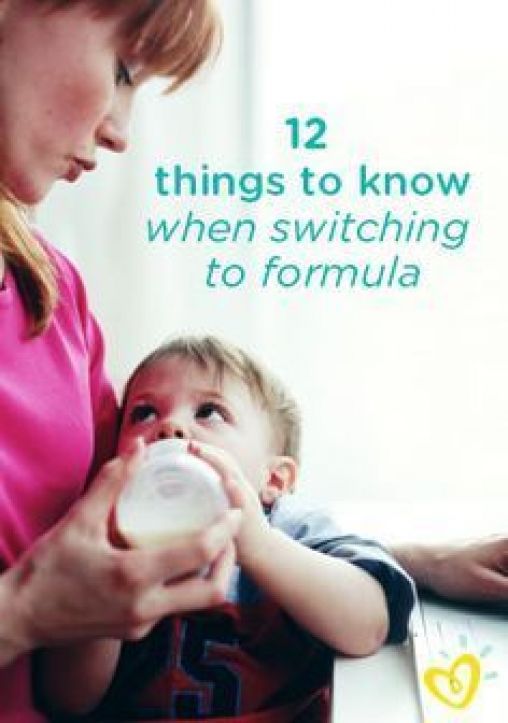
Such regurgitation does not affect the well-being of the baby. Usually, to prevent them, it is enough to hold the baby in a column after feeding until he burps the air swallowed with the mixture, and then for about half an hour do not lay him on his stomach, do not throw him up, do not put on squeezing clothes.
Child spitting up formula in a fountain. What to do?
If a child spits up a fountain, this is not the norm. We need to find the reason why the mixture is not absorbed. It is difficult to do this on your own, because the reasons can be very different - from an inappropriate mixture or a banal SARS to allergies and neurological disorders.
A single spit-up can be the result of overfeeding, incorrect positioning of the baby during feeding, or sudden movement. You need to watch the baby: if he behaves as usual, he has a normal temperature, there are no other alarming symptoms - most likely, this is an accidental situation and there is no reason for alarm. If regurgitation with a fountain is repeated, diarrhea or stool retention has appeared, the temperature has risen, the child has become more restless or, on the contrary, lethargic, you need to urgently consult a doctor.
If regurgitation with a fountain is repeated, diarrhea or stool retention has appeared, the temperature has risen, the child has become more restless or, on the contrary, lethargic, you need to urgently consult a doctor.
Regurgitation after each feeding: norm or pathology?
If the child spit up after each feeding with the mixture, then this is more of a pathology than the norm, especially if the regurgitation is plentiful, more than the volume of a teaspoon.The age feature of a particular baby and the norm of regurgitation after each feeding can only be recognized if there are no other alarming symptoms: the child is gaining enough weight, he has no digestive disorders, good appetite, sound sleep.
If the frequency of regurgitation does not decrease or even increases, the baby does not gain weight well against the background of regurgitation, you need to figure out what is behind this together with the doctor. Often a child can spit up due to improper selection of the mixture, allergies to cow's milk proteins, functional digestive disorders (such as colic, increased gas formation, constipation), metabolic disorders, as well as due to congenital diseases of the gastrointestinal tract and neurological disorders. Do not try to cure regurgitation on your own, on the advice of friends and recommendations from the Internet. A suitable treatment should be selected by a doctor after an examination and an accurate diagnosis.
Do not try to cure regurgitation on your own, on the advice of friends and recommendations from the Internet. A suitable treatment should be selected by a doctor after an examination and an accurate diagnosis.
Anti-reflux mixtures and their types
If the child spit up after feeding and the reason for this is an improperly selected mixture or age-related features of the digestive tract, the doctor may advise switching to an anti-reflux mixture (reflux is the throwing of stomach contents into the esophagus, “anti-reflux” means preventing the reverse flow of food).
Anti-reflux mixture is similar in composition to the standard. Its main difference from the standard mixture is the presence of a thickener, which makes the mixture more dense and does not allow it to freely pour out of the stomach back into the esophagus and mouth of the child.
The thickener can be starch or locust bean gum. Anti-reflux mixtures with starch should only be used if the child is prone to loose stools: starch thickens the stool and can cause constipation. If a child already has spitting up with constipation, then a mixture with natural locust bean gum, such as, for example, Nutrilak Premium Antireflux, will help get rid of these conditions.
If a child already has spitting up with constipation, then a mixture with natural locust bean gum, such as, for example, Nutrilak Premium Antireflux, will help get rid of these conditions.
Ingredients Nutrilak Premium Antireflux close to breast milk. It does not contain palm and rapeseed oils, which can cause constipation and loss of calcium in the baby's stool.
The mixture contains natural milk fat, necessary for the development of the baby's brain and proper metabolism, it is easily digested and provides energy for active growth. Omega-3 (DHA) fatty acids are indispensable for the development of intelligence and maintaining visual acuity, while nucleotides help the formation of the immune system and the maturation of the gastrointestinal tract.
It is important that natural locust bean gum is used as a thickener in Nutrilak Premium Antireflux: it is a prebiotic, stimulates the growth of beneficial bacteria in the intestines and thereby helps to eliminate increased gas formation and colic. Dietary gum fibers actively stimulate intestinal motility, make stools regular and soft.
Dietary gum fibers actively stimulate intestinal motility, make stools regular and soft.
So:
- Periodic spitting up after a feed is normal during the first year of a baby's life.
- The child spit up the mixture due to the peculiarities of the structure of the digestive tract and the immaturity of the nervous system.
- If the child spit up a fountain, you need to see a doctor and look for the cause of profuse reflux.
- Frequent regurgitation after each feeding also requires medical attention and treatment.
- Properly selected anti-reflux mixture will help to save your baby from spitting up.
(2 ratings; article rating 3.0)
Neonatal regurgitation after formula feeding
01/01/1970 Rassadina Zinaida Vladimirovna
Articles
Neonatal regurgitation after formula feeding
Spitting up in a newborn baby is a common occurrence, but it is very frightening for new mothers. Should I be worried? How to get rid of this phenomenon? Read the answers to these and other questions in the article.
Should I be worried? How to get rid of this phenomenon? Read the answers to these and other questions in the article. At least 80% of babies under the age of six months regurgitate some amount of food just eaten. This happens for various reasons, and most often it is a variant of the norm.
But since the biggest aspiration of parents during this period is weight gain in the baby, spitting up often causes real panic. The child appears to be malnourished.
Let's figure it out: what is the norm, and in what cases you need to run to the doctor.
Causes of regurgitation
First, consider the causes of regurgitation, which happens in most babies and should not cause concern to parents:
- Immaturity of the digestive system . In an adult, a special muscular valve or sphincter is located between the stomach and esophagus. It's called Cardia. This valve prevents food from being thrown back into the esophagus. In babies up to six months, it is not sufficiently developed.
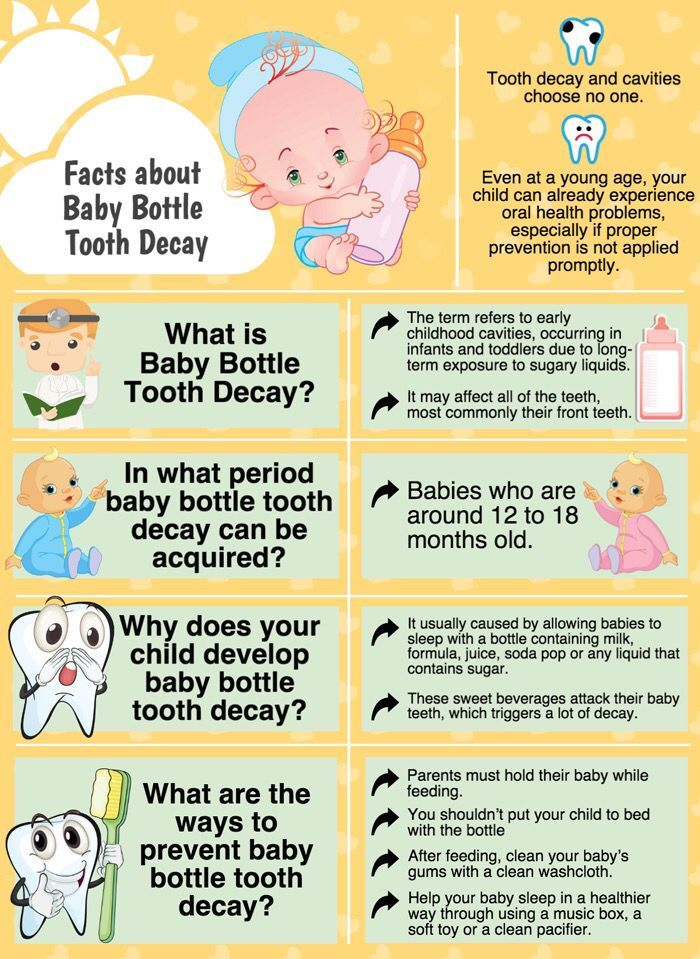 Therefore, any contraction of the walls of the stomach causes regurgitation or reverse reflux. This is the absolute norm for all children. Most often, by the age of 6 months, everything passes. In rare cases, it continues until the age of one.
Therefore, any contraction of the walls of the stomach causes regurgitation or reverse reflux. This is the absolute norm for all children. Most often, by the age of 6 months, everything passes. In rare cases, it continues until the age of one. - Overeating . Toddlers do not always eat as much as they need, often they eat as much as they like. And the body already regulates the required amount of food, belching the excess. This cause of regurgitation is typical for artificial children. The mixture comes through the nipple more easily than from the breast. The baby eats faster than the feeling of fullness sets in. So overeating happens.
- Swallowing air with food . In this case, the air goes back along with the milk, and the baby spits up.
- Gas and colic . They can also cause reflux. Air bubbles press against the walls of the intestines and stomach and help food return to the esophagus.
- Increased nervous excitability .
 When the baby is worried, the walls of the stomach begin to contract and return of the milk eaten occurs.
When the baby is worried, the walls of the stomach begin to contract and return of the milk eaten occurs.
Alarming symptoms that are the reason for an immediate visit to the doctor are most often accompanied by violations in weight gain, since the milk eaten is not absorbed by the body:
- Frequent vomiting fountain . It can be an indicator of lactase deficiency - in other words, indigestibility of milk. Read more about lactase deficiency in our article. Fountain regurgitation can also occur due to improper development of the baby's digestive system.
- Regurgitation of yellowish or greenish milk . May be an indicator of an infectious disease. Or occur as a result of the reflux of bile into the stomach. The baby is likely to behave restlessly, because bile irritates the walls of the stomach.
But how to determine the cause of reverse reflux? In fact, this is not necessary! There is only one indicator that is important to monitor - this is weight gain.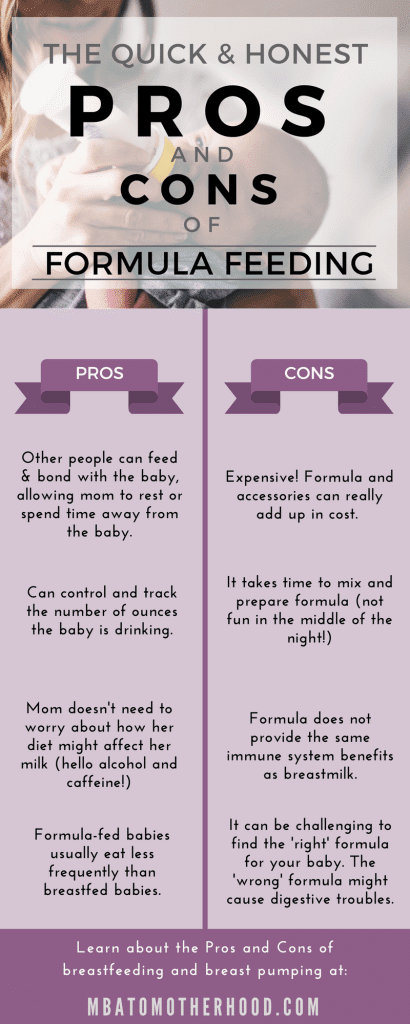 If your child is gaining weight normally and you are not experiencing warning signs, then there is no cause for concern. The regurgitation will stop on its own as the child grows.
If your child is gaining weight normally and you are not experiencing warning signs, then there is no cause for concern. The regurgitation will stop on its own as the child grows.
Regurgitation after formula feeding
This is not to say that regurgitation after formula feeding is more common than with breast milk. However, it happens that the mixture did not fit the baby due to the characteristics of the composition.
In any case, remember that if abundant regurgitation occurs with a fountain after the mixture, then there is an indication to consult a doctor. And this must be done immediately.
The pediatrician will determine the cause. And if she is in the mixture, she will prescribe a different or special anti-reflux mixture.
How to reduce regurgitation
It will not be possible to completely get rid of the natural process of returning food, but this process can be facilitated for the baby and parents.
- Carry your baby upright in a "column" position after feeding.
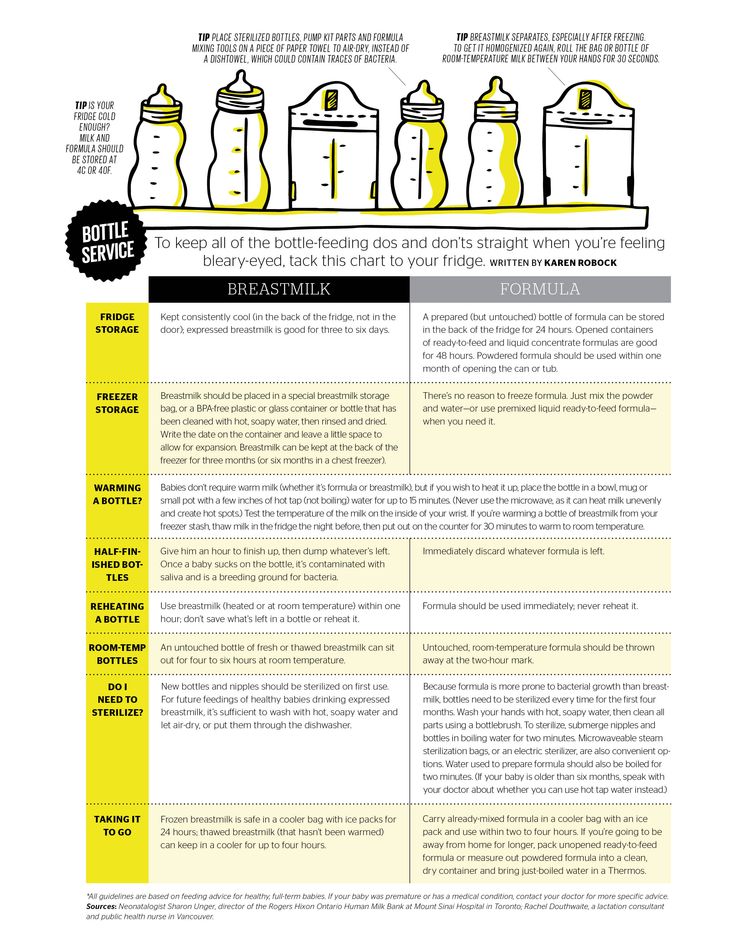 So the air that he swallowed during feeding will come out faster.
So the air that he swallowed during feeding will come out faster. - Make sure that the baby completely captures the circumference of the nipple. Then the air will not penetrate when sucking.
- Use anti-colic nipples when formula feeding. They are designed in such a way as to prevent air from getting inside.
- After feeding, do not entertain the baby, let him rest for a while.
- Try to feed a little less time to avoid overeating.
- Give your baby a pacifier before bed to stimulate digestive activity for some time after the meal.
- Provide your baby with more movement: exercise, massage, swimming, tactile contact, walking in the fresh air. To develop the muscular system more actively. Along with it, all internal organs will develop.
There is no drug that will reduce regurgitation. Because it is not a disease, it is either a symptom of it, or a natural process.
The only thing that can affect the amount of food returned is the use of anti-colic drugs, which reduce gas formation in the intestines.